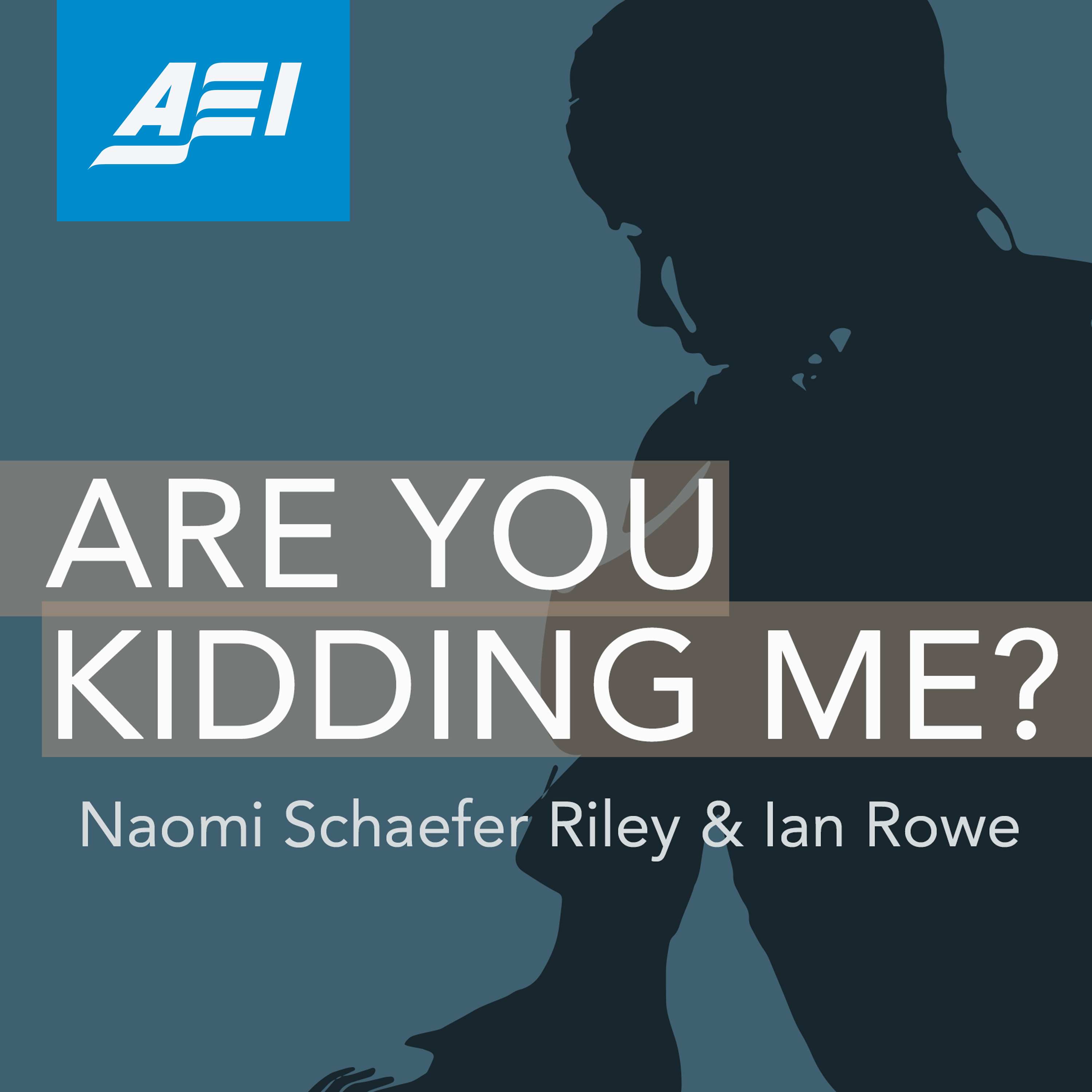- After-Shows
- Alternative
- Animals
- Animation
- Arts
- Astronomy
- Automotive
- Aviation
- Baseball
- Basketball
- Beauty
- Books
- Buddhism
- Business
- Careers
- Chemistry
- Christianity
- Climate
- Comedy
- Commentary
- Courses
- Crafts
- Cricket
- Cryptocurrency
- Culture
- Daily
- Design
- Documentary
- Drama
- Earth
- Education
- Entertainment
- Entrepreneurship
- Family
- Fantasy
- Fashion
- Fiction
- Film
- Fitness
- Food
- Football
- Games
- Garden
- Golf
- Government
- Health
- Hinduism
- History
- Hobbies
- Hockey
- Home
- How-To
- Improv
- Interviews
- Investing
- Islam
- Journals
- Judaism
- Kids
- Language
- Learning
- Leisure
- Life
- Management
- Manga
- Marketing
- Mathematics
- Medicine
- Mental
- Music
- Natural
- Nature
- News
- Non-Profit
- Nutrition
- Parenting
- Performing
- Personal
- Pets
- Philosophy
- Physics
- Places
- Politics
- Relationships
- Religion
- Reviews
- Role-Playing
- Rugby
- Running
- Science
- Self-Improvement
- Sexuality
- Soccer
- Social
- Society
- Spirituality
- Sports
- Stand-Up
- Stories
- Swimming
- TV
- Tabletop
- Technology
- Tennis
- Travel
- True Crime
- Episode-Games
- Visual
- Volleyball
- Weather
- Wilderness
- Wrestling
- Other
Whose Child Is it? Robert Pondiscio on Schools Overreaching Their Authority
A century after the Supreme Court’s infamous ruling that children are “not mere creatures of the state,” there is a rising belief today that government is better suited than parents to decide what’s best for children. Increasingly, teachers and school administrators are making critical decisions about students’ upbringing without parental consent or even knowledge. How will this ideology affect the relationship between parents and teachers and how should parents respond? In this episode, Naomi and Ian are joined by Robert Pondiscio, a former teacher and Senior Fellow in education policy studies at the American Enterprise Institute. Robert outlines the current legal lines that have been drawn between parents and schools. He expresses concern over states like New Jersey that are wrongfully using FERPA (Family Educational Rights and Privacy Act) as a legal basis for not notifying parents when children change their pronouns or gender. While these guidelines are intended to protect children, Robert argues that they only erode trust between parents and teachers. With the latest NAEP (National Assessment of Educational Progress) report showing that a majority of students nationwide still cannot read and do math at grade level, parents should get involved in their local school districts to ensure that schools are focusing on academic performance above all else.Resources:• Schoolchildren Are Not ‘Mere Creatures of the State’ | Robert Pondiscio | American Enterprise Institute• How to Educate an American | Ian Rowe, Naomi Schaefer Riley | Templeton PressShow Notes:• 00:40 | What does it mean that schoolchildren are not mere creatures of the state? • 03:25 | Public education is assuming powers it doesn’t have • 08:00 | Keeping secrets from parents violates FERPA• 11:10 | There’s a cultural problem in education where we tend to distrust parents• 15:55 | What are the political ramifications of this belief?

